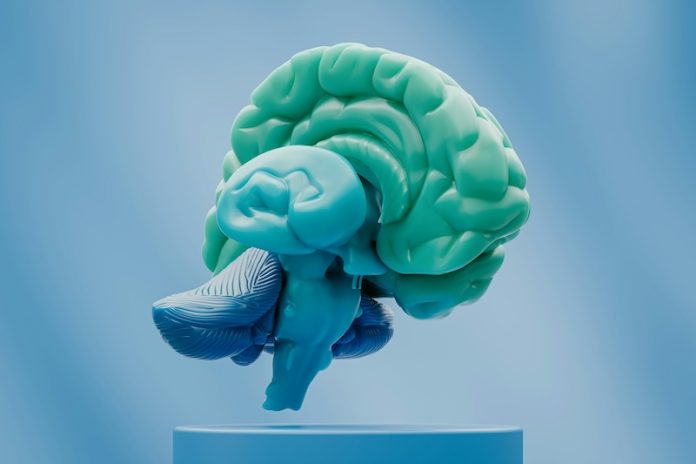A groundbreaking experimental treatment for glioblastoma, one of the deadliest forms of brain cancer, has shown promising results, offering new hope to patients facing this aggressive disease. Developed by Professor Georgina Long AO from the University of Sydney, the approach utilizes neoadjuvant triple immunotherapy—a combination of three checkpoint inhibitor drugs administered before surgery—to stimulate the body’s immune system to attack cancer cells. This method aims to activate T-cells, enhancing the immune response against tumors, facilitating their removal, and reducing the likelihood of recurrence. In a reported case, a glioblastoma patient remained cancer-free for over 18 months following this treatment, significantly surpassing the typical survival rate of 12 to 18 months post-diagnosis.
Building on these encouraging findings, an international clinical trial is set to commence within the year, led by The Brain Cancer Center. This study will evaluate a double immunotherapy approach, with some participants also receiving chemotherapy, to determine the most effective treatment combinations. Dr. Jim Whittle, a neuro-oncologist at the Peter MacCallum Cancer Center and The Royal Melbourne Hospital, will oversee the trial. While the initial results are promising, Professor Long emphasizes the necessity of rigorous clinical testing to validate the therapy’s efficacy before it can be considered a breakthrough in glioblastoma treatment. Click for More Details







